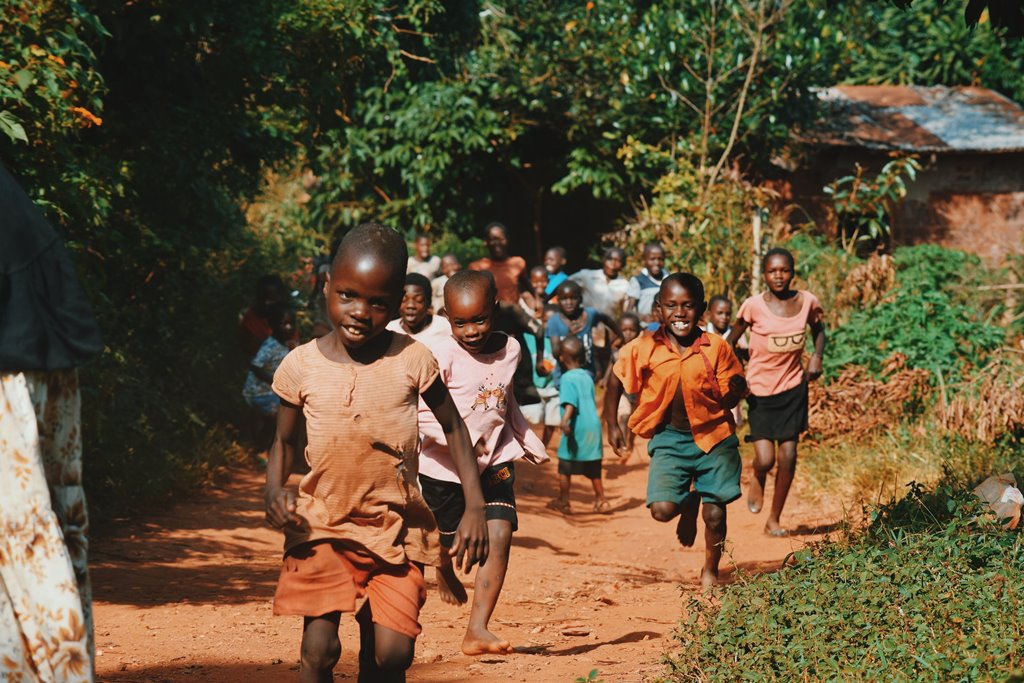The year was 2015. In South Korea, world leaders met during the “World Education Forum” (WEF) and adopted a shared vision for Education 2030. An interim report released by UNESCO shows that these global literacy targets may not be met, after all.
More than two hundred and fifty million children will not have access to schools even by 2030. Sub-Saharan Africa is the most affected region in this.
Unless there is a rapid change in policies and support, twenty percent of youth and thirty percent of adults will still be unable to read by 2030.
The roadblocks for global literacy targets
The “Sustainable Development Goals (SDG 4)” which aimed to ensure “quality education for all” had some noble goals which included universal primary and secondary education, gender equality and inclusion, global youth and adult literacy, and increased supply of qualified teachers among other targets.
What are some of the obstructions to these goals?
1. Political instability
When your homeland is ravaged by war, and when you are a refugee struggling to stay alive, coming to school may not be a priority for most. Tens of millions of students in African countries are victims of political instability where their education is concerned.
2. Shortage of trained teachers
The number of teachers in Sub-Saharan Africa has decreased from the year 2000 while the percentage of children without school has gone up from forty-one per cent ( in 2000) to fifty-four per cent.
The UNESCO report states that an additional sixty million teachers need to be trained to meet the increasing needs of education for children worldwide.
3. Increase in aid
In 2015, UNESCO had identified that there is a gap of twenty-two billion USD to get all children to primary school. According to the current analysis, the aid needs to be multiplied by a factor of six for these targets to be achieved.
World Bank and UIS joins forces
Unesco Institute of Statistics(UIS) and World Bank have joined hands to tackle the problem of world education crisis and to improve the global literacy rates.
Under this partnership, technical support will be provided to developing nations to strengthen their “learning assessment systems”.
Education should be the foundation on which any society is built. While it is the primary responsibility of individual governments, no country can afford to ignore the crisis that affects the world – as instability in one region will always have global impact. It is, therefore, in everyone’s interest to sit up and take notice of this crisis highlighted by UNESCO.`







